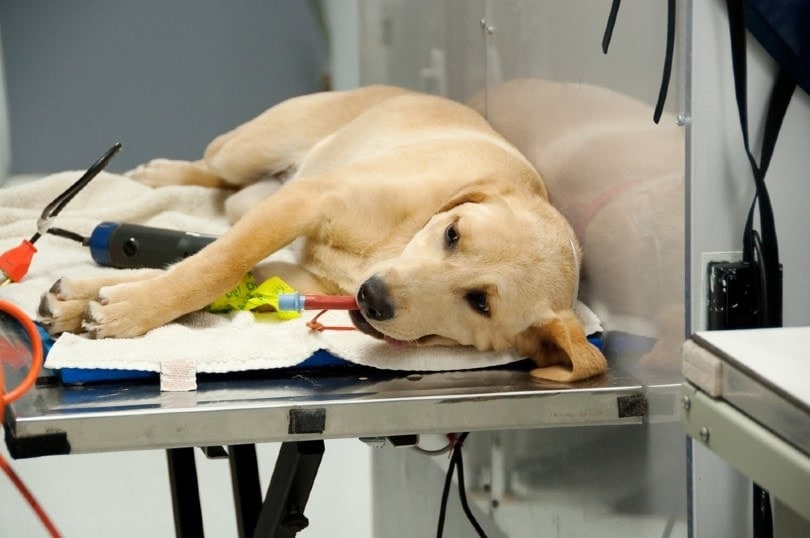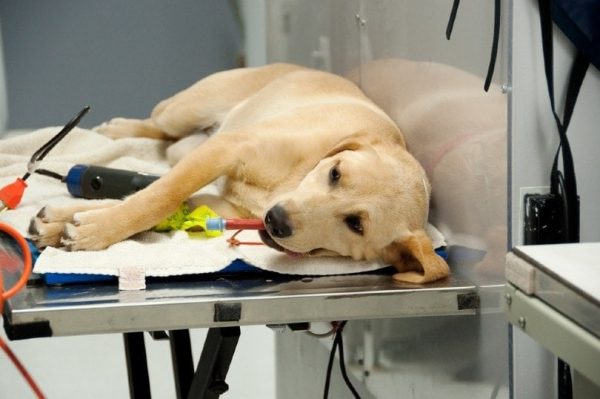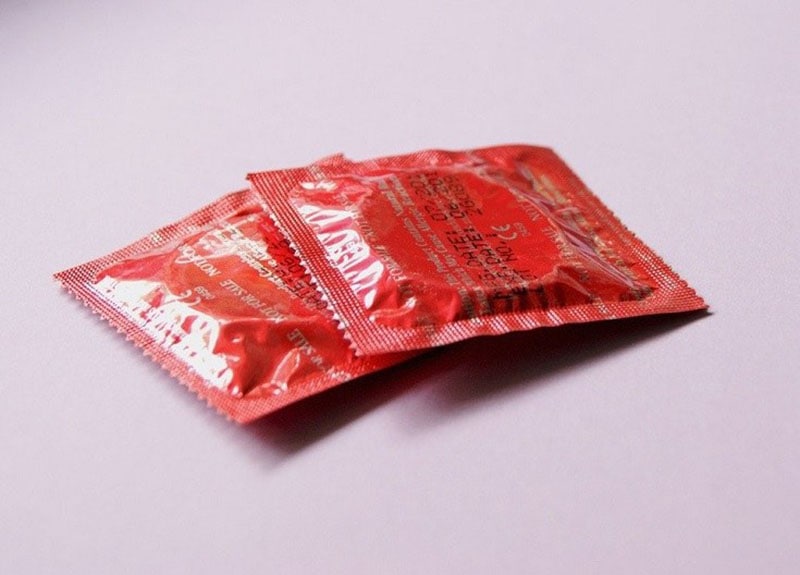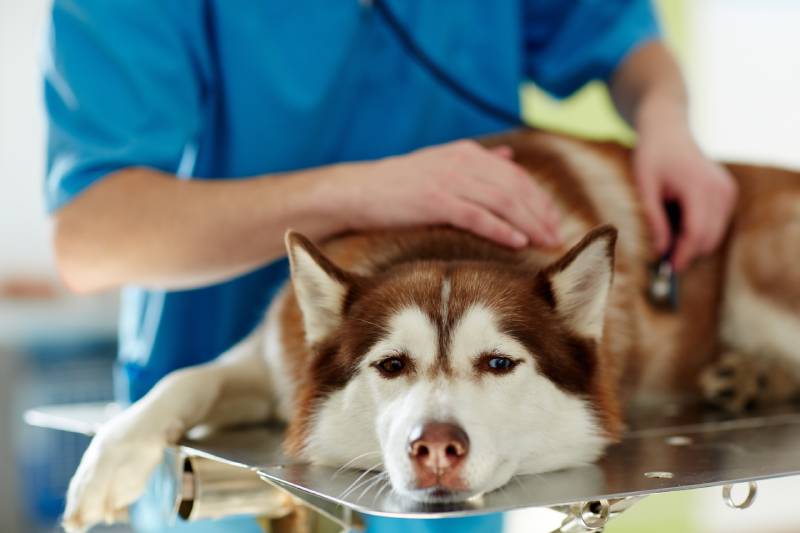It can be emotionally stressful getting your dog ready for its neuter, making it confusing to sort out when they can eat and drink. Plus, different vets can give slightly different instructions.
To be the most thorough, carefully follow your own vet’s instructions down to the hour. And remember that even if you’ve had a dog have surgery before, this one might have slightly different instructions. But just to keep it as simple as possible: Remove all food the night before and remove water in the morning.
Read on to learn more about having your dog eat or drink before spaying or neutering.
When Should I Stop Giving My Dog Food?
This is where different vets might give different instructions. Some might say to feed your dog dinner, while some might say remove all food at 10 PM. And some might even say no more food after midnight. It does vary. And we are sorry it is confusing!
The problem is there are lots of different people who feed their dogs at all different times of the day. So, while we don’t want your dog to eat after midnight, we also don’t want you waking up at midnight to take away their food. It’s not necessary when you can just as easily take it away at 10 PM.
The latest you can feed your dog is usually at midnight. This is because they need over 8 hours to digest their food. But if your dog doesn’t eat after 6 PM, that is perfectly fine too.
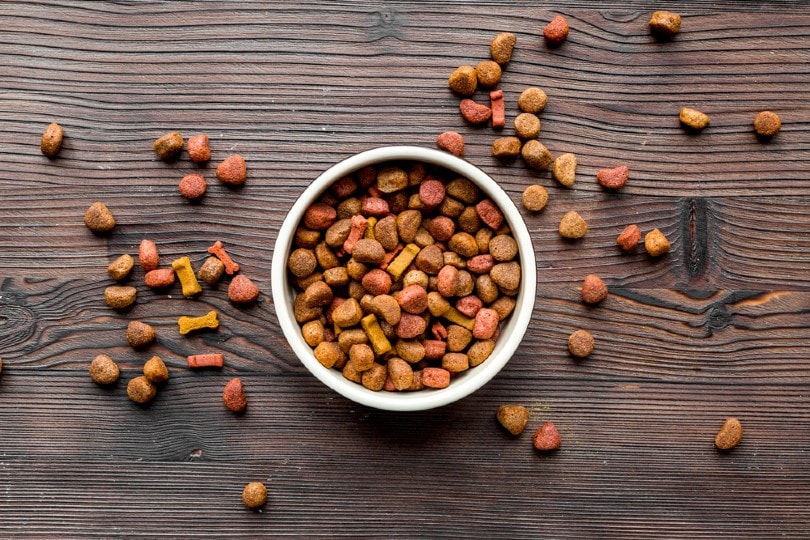
What About Drinking?
This is probably the most confusing because some vets will say to take their water away in the morning, but some will not.
This is because, most of the time, water goes through the stomach pretty quickly, so if your dog has a normal drink in the morning, by the time they go to surgery, it will probably be fine.
But the problem is many dogs are not ‘normal’, and they will have a HUGE drink in the morning. And that can be more of a risk. Also, some dogs will drink a bunch of water when they get excited because they know something different is happening today. And then they will get in the car and get car sick—which is not ideal.
To avoid all these various complications, many vets will advise removing the water. Others are not as concerned and may want your dog as hydrated as possible. Staying hydrated is important during surgery, and a good healthy drink in the morning can be good.
So, ask your vet what they prefer and follow their instructions. If you are concerned your pet might drink too much water in the morning or might get dehydrated, ask them what to do.
How It Can Go Wrong: Common Mistakes
| Common Mistake | Suggestion |
| Family members forget and give them a treat. | Make sure everyone in the house knows today is the day. |
| They steal food from people. | Be extra defensive of your breakfast today. |
| Another pet is fed and the dog awaiting surgery steals their food. | Feed the other pet after you leave or feed them in a different room. Consider keeping them in a crate. |
| They eat something outside. | Use a leash, at least this morning. |
| They are extra hungry and get extra good at begging. | Stay strong and don’t give it! |
Frequently Asked Questions (FAQs)
Do I give them their medication?
Most puppies going for neutering are not on medication, so it might not be something to worry about. But if your pet is on long-term prescriptions, it is usually important they get their medication in the morning. Always check with the vet, though.
And make sure the person checking them into the hospital knows they received medication this morning. Either way, do not give your dog supplements in the morning. They can skip it today.
To summarize, most of the time, give prescriptions but do not give supplements.
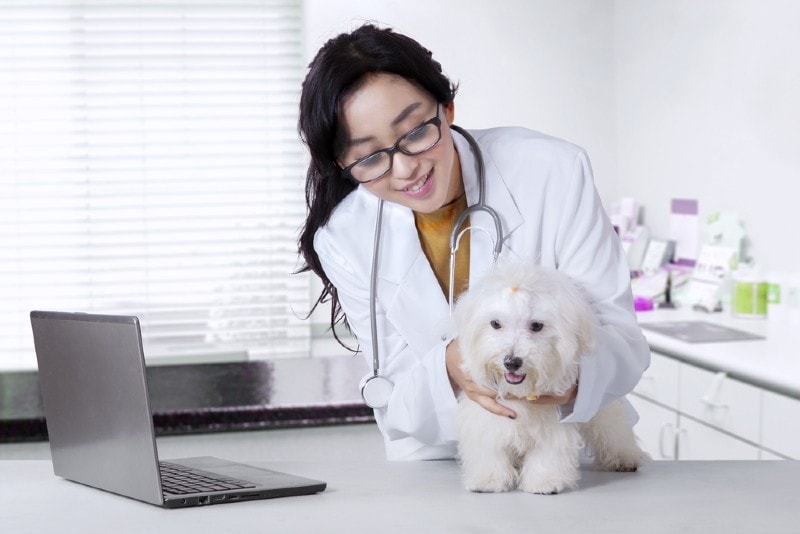
How do I give medication if they can’t eat?
This depends on the medication. If it is a liquid or a pill that they swallow whole, then do that. The small amount of medication in their stomach is not significant. And it is more important for them to get the medication.
If your dog usually gets their medication in a treat, that is okay. Just make sure the treat is as small as you can get away with—even if it is just for today.
If your dog usually eats their medication in their breakfast, give it in a small treat today instead. Hide it in the smallest amount possible. The pill treat should be the size of a pea or, at the most, a grape. Anything bigger could be a problem.
What do I do if they eat?
Ask your vet. Be sure to tell them, though. They need to know before they go to surgery if something might go wrong. If your dog gets into some food, they might need to have their surgery rescheduled for their safety.
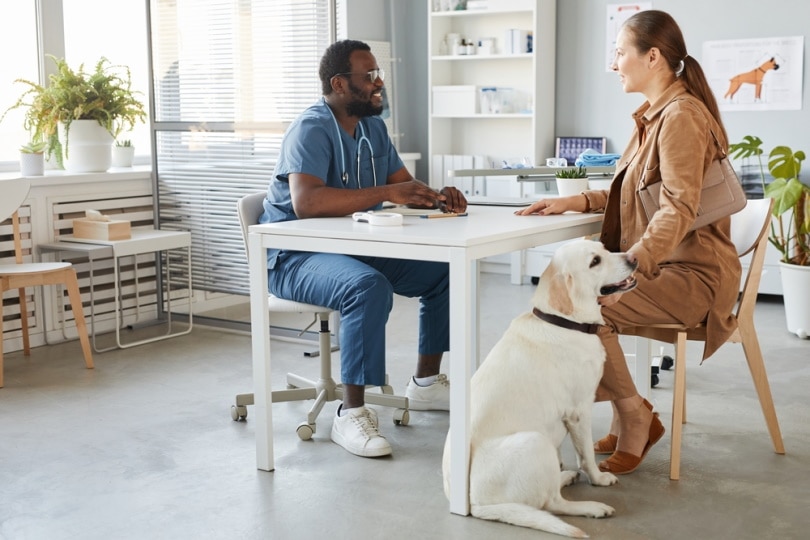
Other Important Considerations on Surgery Day
Prepare an extra safe way for them to enter the hospital. If you bring your dog in a carrier, make sure it is safe, clean, and comfy.
- Make sure all the doors close securely—and stay closed.
- Make sure it is clean and dirt-free.
- Make sure your dog will be comfortable sitting in it, especially after the surgery.
- Pad it with blankets and/or pillows.
If you bring your dog into the vet without a carrier, make sure they are leashed—even if your dog is great off-leash. They will be in a small space with other dogs who are very stressed. It is safest if everyone is leashed. Plus, another person will take them at some point, and it is much easier if they have a leash.
Also, make sure their collar or harness is tight enough. Even if they normally walk in a harness that is loose or too big because it is more comfortable. In a hospital, many dogs do not want to walk into consult rooms or do not want to walk away from their humans and slip out of their harnesses or collars.
It happens all the time—like all the time. They get nervous and know exactly how to slip their lead. So, even if it is just for today, tighten that harness or collar a little extra.
Or sometimes, having both a harness and a collar is even more secure. It doesn’t have to be on all day; it is just so they are as safe as possible on the surgery day.

Conclusion
Hopefully, this helps you feel more prepared for your dog’s neuter or spay. Dogs cannot eat or drink before any surgery, including neutering. It is best to follow the exact directions of your veterinarian so that everyone is on the same page.
Featured Image Credit: aspen rock, Shutterstock

